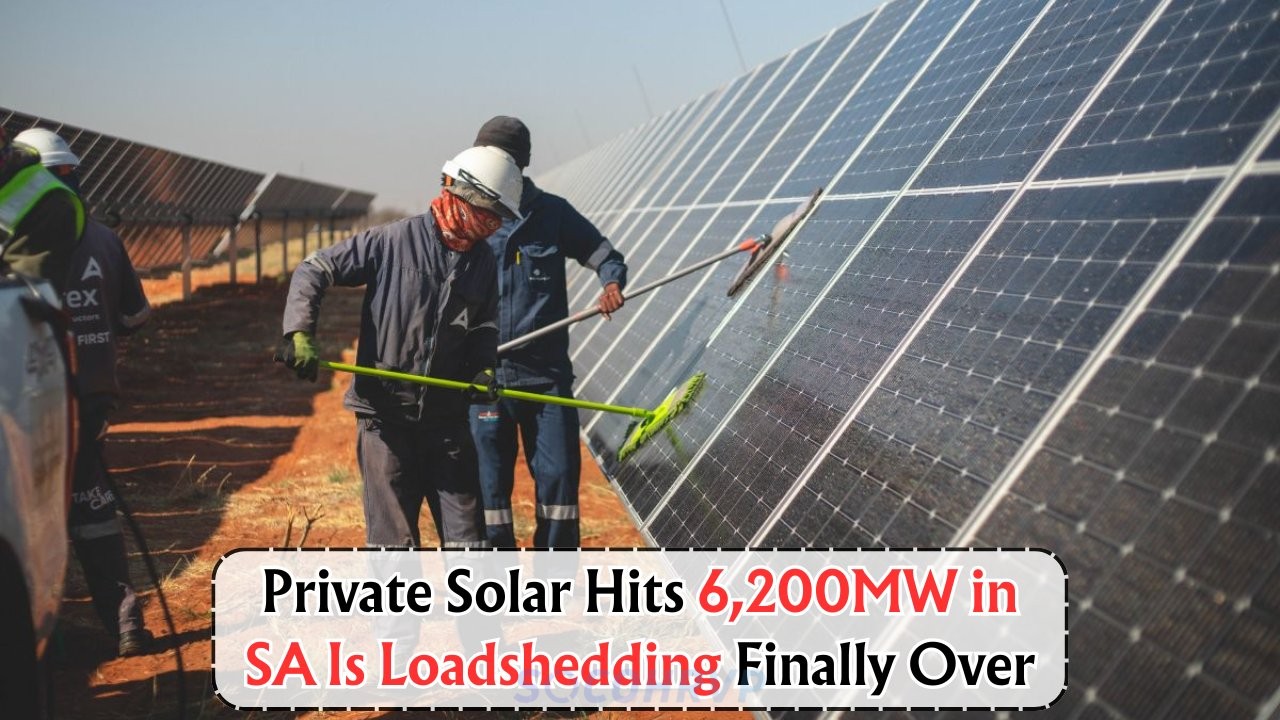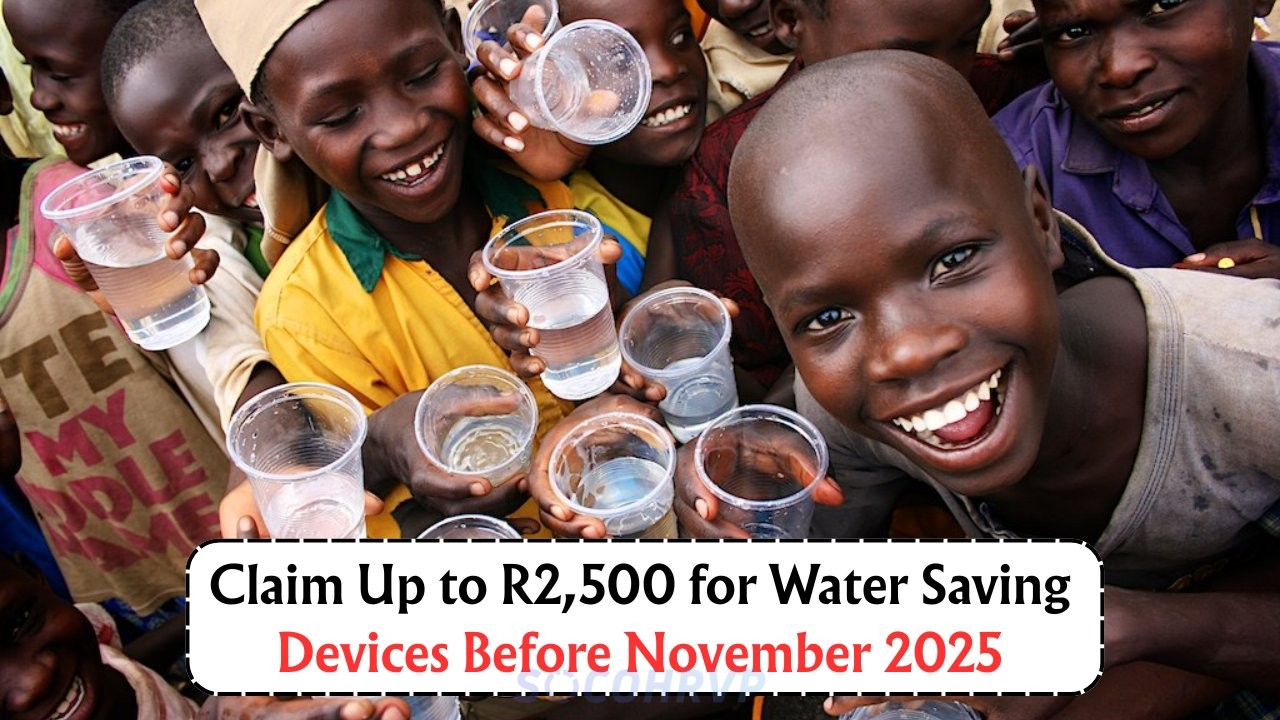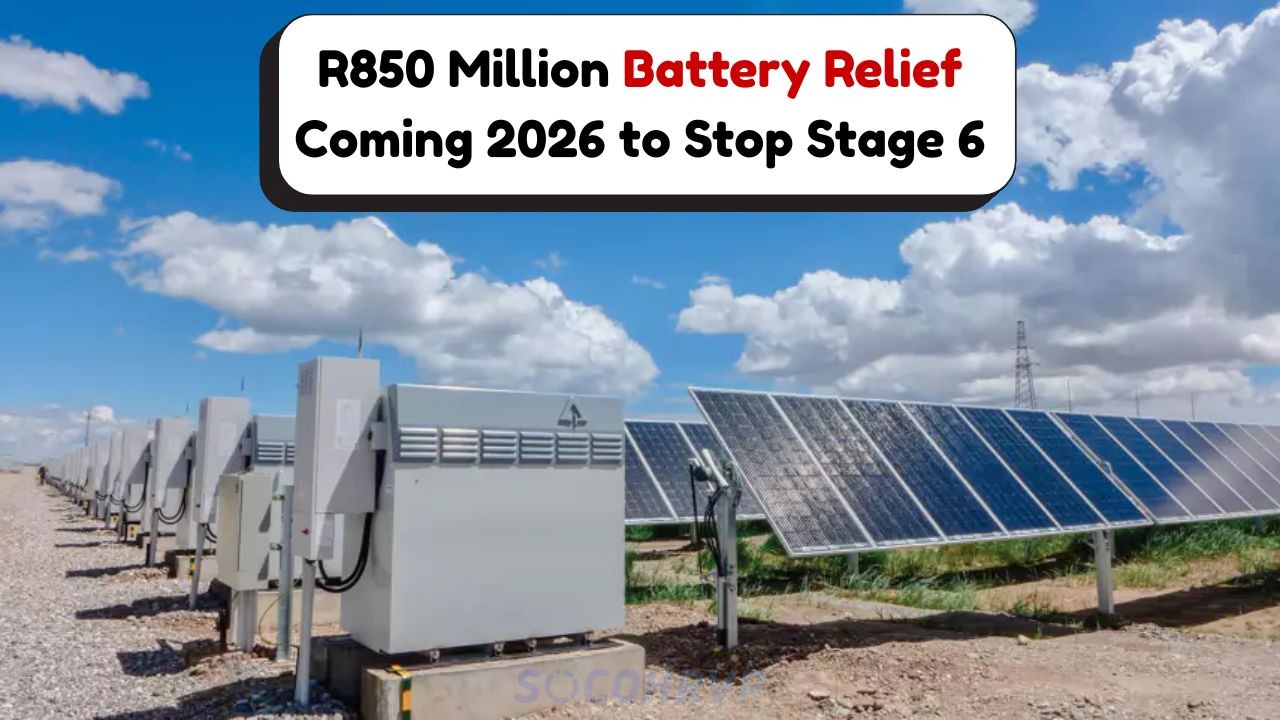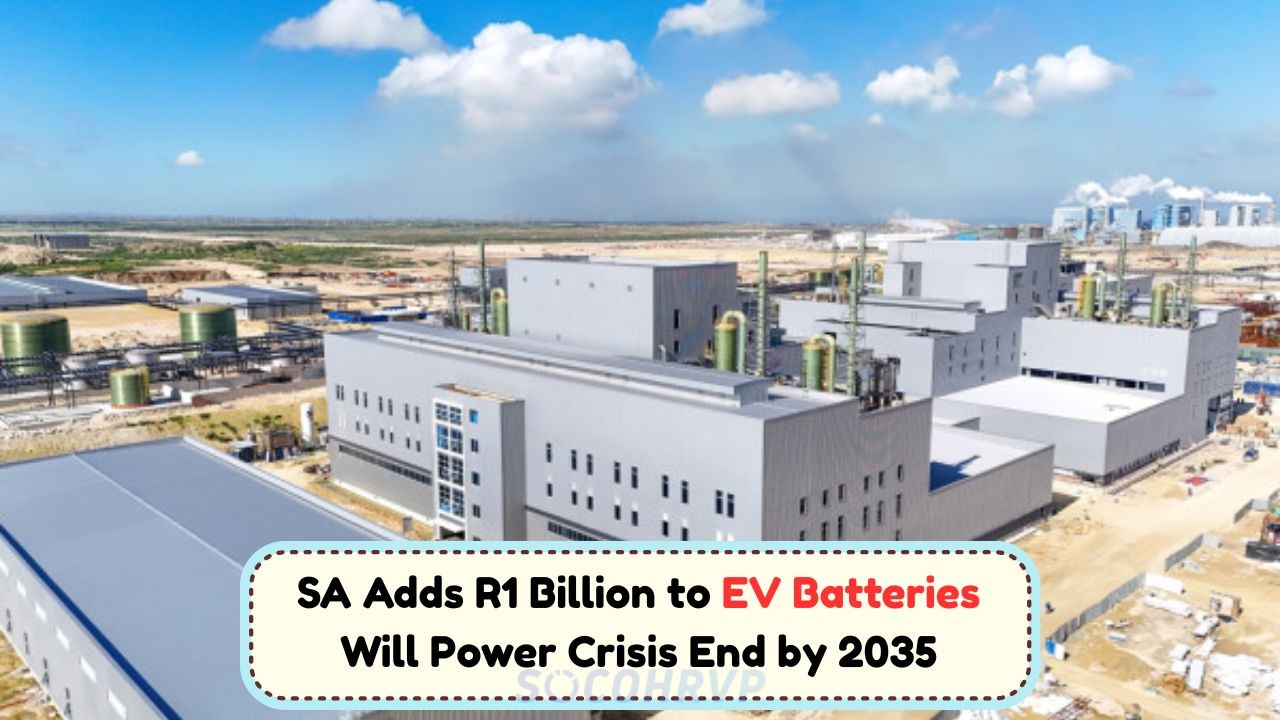South Africa’s private solar expansion: As South Africa grapples with persistent power shortages, the nation’s private solar initiatives are being hailed as a potential game-changer. By August 2025, experts predict that these initiatives could collectively generate a staggering 6,200MW of electricity. This surge in solar power is not only a beacon of hope for reducing the frequent and frustrating loadshedding but also a significant step towards a more sustainable energy future for the country. The move towards solar energy is part of a broader strategy to diversify South Africa’s energy mix and reduce reliance on coal, which has been the dominant energy source for decades. The ongoing power crisis has accelerated the adoption of solar solutions by both businesses and households, highlighting the country’s urgent need for reliable and renewable energy alternatives.
Private Solar Power: A Sustainable Solution for South Africa
The increasing adoption of private solar power in South Africa is seen as a practical solution to the country’s energy woes. With loadshedding continuing to disrupt daily life and hinder economic growth, the shift towards cleaner and more reliable energy sources is critical. The expansion of private solar capacity to 6,200MW by 2025 is a testament to the growing confidence in solar technology as a viable solution for the nation’s energy challenges. Solar power offers several advantages, including reduced carbon emissions, lower electricity bills, and increased energy independence. Moreover, the potential to generate surplus power that can be fed back into the grid further strengthens the case for solar adoption. As more South Africans embrace solar energy, the cumulative impact could be transformative, paving the way for a more resilient and sustainable energy landscape.
Benefits of Private Solar Adoption:
 Act Now: R2,500 Water-Saving Device Rebate Available Until Nov 2025 to Combat Water Crisis
Act Now: R2,500 Water-Saving Device Rebate Available Until Nov 2025 to Combat Water Crisis
- Reduction in electricity costs for households and businesses.
- Decreased reliance on the national grid, mitigating the impact of loadshedding.
- Environmental benefits through the reduction of carbon footprint.
- Potential for energy independence and security.
Investment in Solar: A Wise Decision?
| Aspect | Consideration | Benefit | Challenge |
|---|---|---|---|
| Cost | Initial installation expenses | Long-term savings | High upfront investment |
| Technology | Advancements in solar panels | Increased efficiency | Rapid technological changes |
| Policy | Government incentives | Encourages adoption | Policy uncertainty |
| Environment | Clean energy source | Reduces emissions | Potential land use |
| Maintenance | Regular servicing required | Longevity of system | Associated costs |
| Grid Integration | Feed-in tariffs | Extra income | Infrastructure limitations |
Challenges in Scaling Up Private Solar Power in South Africa
While the potential for private solar power in South Africa is immense, several challenges need to be addressed to realize its full potential. One of the primary hurdles is the high initial cost of solar installation, which can be prohibitive for many households and small businesses. Although there are financial incentives available, such as tax rebates and subsidies, these are often not sufficient to cover the entire cost. Additionally, there are technical challenges related to integrating large amounts of solar power into the existing grid infrastructure, which was not designed to accommodate decentralized power generation. This requires significant investment in grid modernization and smart technologies.
Addressing Solar Power Challenges:
- Financial Barriers: Innovative financing solutions such as solar leasing and power purchase agreements can make solar more accessible.
- Grid Integration: Upgrading grid infrastructure and implementing smart grid technologies are crucial for seamless integration.
- Policy Support: Consistent and supportive government policies can boost investor confidence and encourage adoption.
- Public Awareness: Educating the public about the benefits and feasibility of solar power is essential to drive demand.
- Technical Expertise: Building local expertise in solar technology will support maintenance and innovation.
Future Prospects: Could Solar Energy End Loadshedding?
The question of whether the surge in private solar power could end loadshedding for good is complex. While a significant increase in solar capacity will undoubtedly alleviate some pressure on the national grid, it is unlikely to completely eliminate loadshedding in the short term. Nonetheless, as more South Africans adopt solar energy and as technological advancements continue to reduce costs and improve efficiency, the likelihood of a future without loadshedding increases. Diversifying the energy mix with other renewable sources such as wind and hydropower, alongside solar, will be key to ensuring a stable and reliable energy supply. Furthermore, ongoing investment in energy storage solutions and grid infrastructure will be essential to fully harness the potential of renewable energy.
- Key Factors for a Loadshed-Free Future:
- Integration of diverse renewable energy sources.
- Advancements in energy storage technology.
- Government commitment to reducing fossil fuel dependency.
- Public and private sector collaboration in energy initiatives.
Comparing Renewable Energy Sources
| Source | Advantages | Disadvantages |
|---|---|---|
| Solar | Abundant and sustainable | Weather-dependent |
| Wind | Low operating costs | Intermittent availability |
| Hydropower | Reliable and efficient | Environmental impact |
| Biomass | Reduces waste | Resource-intensive |
| Geothermal | Consistent energy source | Location-specific |
| Tidal | Predictable generation | High initial costs |
| Wave | Potentially high energy yield | Technological challenges |
Innovations Driving the Solar Power Revolution
Innovations in solar technology are playing a crucial role in driving the solar power revolution in South Africa. From more efficient photovoltaic cells to advanced energy storage solutions, technological advancements are making solar power more accessible and affordable for the average consumer. One significant development is the advent of bifacial solar panels, which can capture sunlight on both sides, thereby increasing energy output. Additionally, solar panel efficiency has improved significantly, with modern panels converting sunlight into electricity at higher rates than ever before. These innovations not only enhance the appeal of solar power but also improve its viability as a primary energy source.
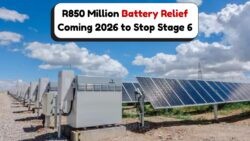 Is South Africa's R850 Million Battery Plan by 2026 the Key to Ending Stage 6 Loadshedding?
Is South Africa's R850 Million Battery Plan by 2026 the Key to Ending Stage 6 Loadshedding?
Breakthroughs in Solar Technology:
- Bifacial Panels: Capture sunlight from both sides for increased efficiency.
- Perovskite Solar Cells: Offer high efficiency and low production costs.
- Energy Storage: Advances in battery technology enable better energy management.
- Smart Inverters: Improve grid interaction and energy distribution.
Solar Energy and Economic Growth in South Africa
Investing in solar energy has the potential to drive significant economic growth in South Africa. The solar industry not only generates electricity but also creates jobs and stimulates local economies. From manufacturing solar panels to installing and maintaining systems, the sector offers diverse employment opportunities across various skill levels. Moreover, as South Africa positions itself as a leader in renewable energy, attracting international investments in solar technology becomes more viable. These investments can further boost economic growth and contribute to the country’s overall development goals.
- Job Creation: Opportunities in manufacturing, installation, and maintenance.
- Energy Independence: Reduces reliance on imported fossil fuels.
- Investment Attraction: Encourages foreign and local investments.
- Community Upliftment: Solar projects can provide power to underserved areas.
FAQ Section
How does solar power work in South Africa?
Solar power systems in South Africa convert sunlight into electricity using photovoltaic panels. These panels absorb sunlight and produce direct current (DC) electricity, which is then converted to alternating current (AC) for use in homes and businesses.
What are the financial incentives for installing solar panels in South Africa?
South African government offers tax incentives and rebates for solar installations, aimed at reducing the initial cost and encouraging adoption. These incentives are part of the country’s strategy to increase renewable energy usage.
Can solar power completely replace coal in South Africa?
While solar power has the potential to significantly reduce reliance on coal, a complete replacement would require a diverse mix of renewable energy sources, modernized grid infrastructure, and advanced energy storage solutions.
Is solar energy reliable during loadshedding?
Yes, solar energy can provide reliable power during loadshedding when combined with battery storage systems. These systems store excess solar energy for use during grid outages, ensuring continuous power supply.
What are the environmental benefits of solar power?
Solar power is a clean and renewable energy source that reduces greenhouse gas emissions, lowers air pollution, and decreases dependency on fossil fuels, contributing to a healthier environment.
